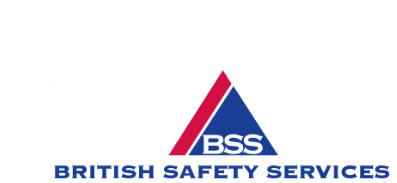List of all the courses offered by British Safety Services.
British Safety Services offers a total of 9 courses.

IOSH Working Safely seeks to improve the safety culture within an organisation by giving individuals a good understanding of their health and safety responsibilities, and how to keep themselves and others safe at work.

NEBOSH has updated the National General Certificate – the most trusted health and safety qualification of its kind in the world. It’s designed to reflect the needs of today’s employer giving learners everything they need to know and do to make their workplace safer.

The Crane Lift Supervisor (CPCS A62) course is designed for supervisors and slinger/signallers who will be supervising crane lifting operations on site. It is accredited by the Construction Plant Competence Scheme (CPCS).

Companies that use MEWPS need to know what their management and legal responsibilities are. The course covers what managers need to know about the safe use of MEWPS on site, from planning the job and conducting a risk assessment to selecting the right equipment and mitigating all risks.

You will learn how to plan, conduct, report and follow up the results of OHS audits. You will learn how to audit an OHS system for continual improvement, and understand the role that processes such as internal auditing and management review play in the continual improvement cycle.

This qualification is for anyone who wants to carry out incident investigations effectively. Employers, supervisors, SHE champions, union and safety representatives will benefit.

The NEBOSH International Certificate in Fire Safety and Risk Management teaches how to carry out fire risk assessments and identify the range of measures needed to minimise the risk of fire.

It is desirable that delegates have prior knowledge of craneage operations; he/she may be a site Manager/Supervisor, an Engineer/Surveyor or possibly a Slinger/Signaller.The course covers planning lifting operations for both Mobile cranes and Tower cranes.

The course is designed to meet the requirements of the Health and Safety (First Aid) Regulations 1981, Approved Code of Practice L74 which requires that where a First Aider is not legally required.
© 2025 coursetakers.com All Rights Reserved. Terms and Conditions of use | Privacy Policy